BEEKEEPERS
Beekeeper training
In 2015, we trained interested and vulnerable people to become commercial beekeepers. Each trainee received one-on-one training and 20 beehives. From 2018-2019, we did advanced beekeeping training by experts from Israel, Vietnam, and the International Trade Centre (ITC).
Plan Bee trains beekeepers in using standardized approaches against diseases and pests using safe medicines. We taught beekeepers how to correctly administer, record and follow strict standards to improve bees’ health and increase their lifespan. This leads to higher market prices for honey.
We have been piloting digital and paper-based systems. to receive data from the beekeepers on bee health, location, production, and numbers. Mapping data enables us to see trends and inform beekeepers of any changes.
Some beekeepers now offer farm pollination services to generate another income stream.
Women beekeepers
One particularly vulnerable group that has been difficult to integrate fully within migratory beekeeping is women. This is largely due to cultural restraints.
PBSE has been able to recruit and sustain a few female migratory beekeepers who have become quite successful. They can migrate full time because their husband or brother is also a beekeeper.
Most women are unable to participate in the migration, so we engage them in the microenterprise program. They are organized into groups and purchase raw beeswax from beekeepers which they are trained to make into candles or balms. These products are sold through the Plan Bee brand across Yangon and sold to local markets.
Since 2013, Plan Bee has trained 143 women (204 people in total) on production and business literacy. This training has provided a significant source of alternative income for them.
Youth
Plan Bee actively employs, supports, and trains youth in beekeeping and microfinance, with some now working in our educational centre and factory.
We trained more than 22 women from the age of 18 years with only a middle school education and limited job opportunities. Over a five-year-period, using strong mentorship, knowledge sharing, and training, these women have become experienced and confident.
Four women work full time with us and three are part time. We look forward to recruiting more young women as our business grows.
Apitourisim
In Shan State, beekeeping is becoming more of an established agriculture practice. We have developed an educational centre to show tourists, school children, university students, and town and rural people the value of bees
for people and the environment.
We have a hands-on tour with bee suits for people to wear, honey extractors to spin, and honey to taste. Visual posters outline the fascinating features of bees. The centre is run by ethnic women beekeepers (including the Danu and Pa’O) who are trained to communicate and demonstrate the value of bees.
We believe that to bring back bees, we need everyone to appreciate their function. Farmers rely on bees for pollination, in fact a third of the world’s food production depends on bees.
Beekeeping is an important income source for many rural people, especially youth who are more able to take up the nomadic lifestyle. And in a nation with poor nutrition, bees are essential to produce a high quality,
nutritious food – honey.
As the demand for food increases, pesticides are more widely used, which are killing the bees. At Plan Bee, we raise awareness of the essential roles of bees in keeping people and the planet healthy.
People can sample our different honeys with a focus on nutrition. We show them how to make other products such as beeswax, beauty products, and candles, in places where electricity is scarce.
Our training centre has also supported other agribusiness NGOs to support pollination and inspire farmers and others to work in the bee industry.

